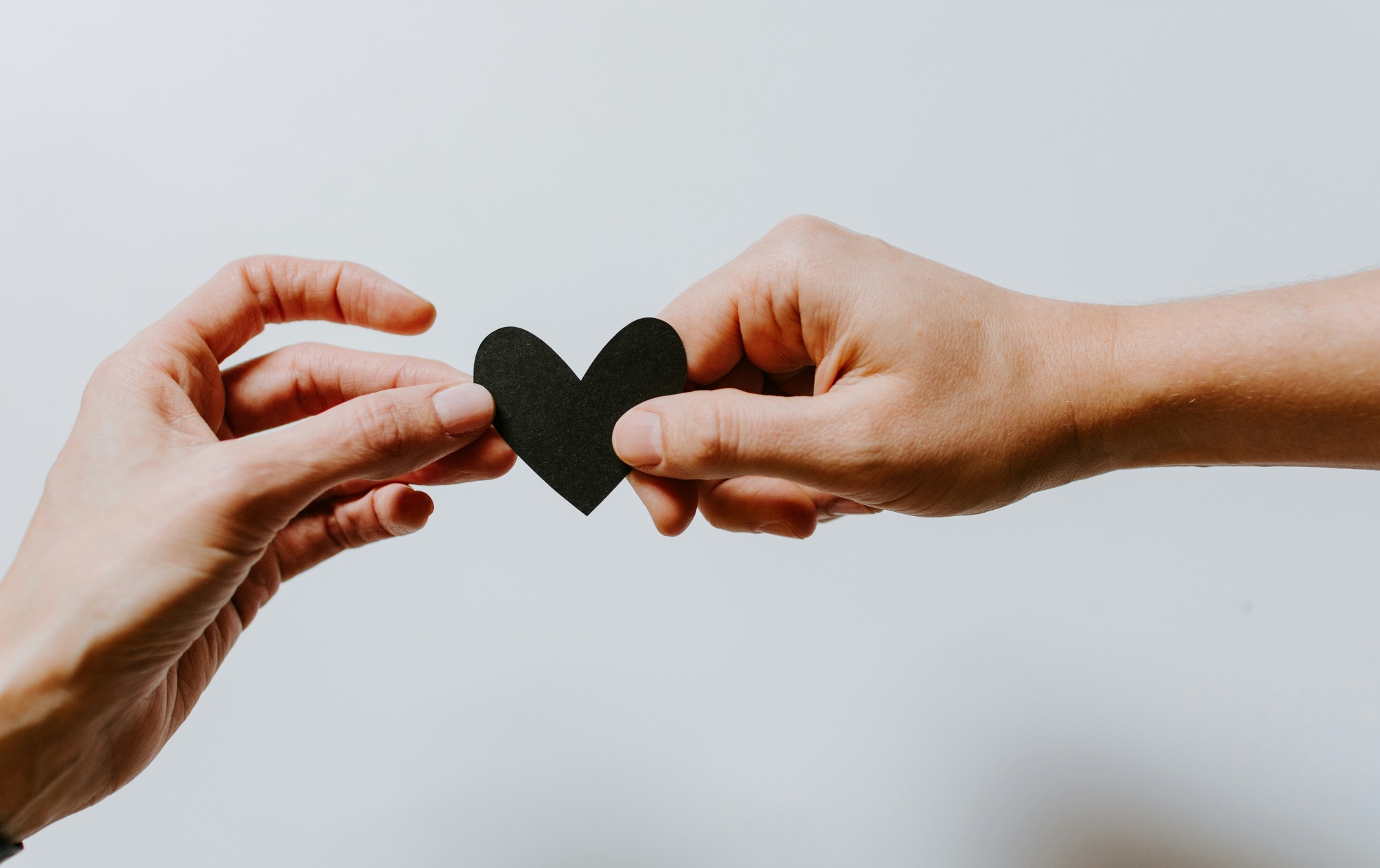
Forgiveness is often hailed as a sign of emotional maturity, strength, and peace. Society praises those who are quick to forgive, as if holding onto pain reflects weakness. But there’s another side to that coin—one that rarely gets discussed. When forgiveness comes too quickly, too easily, or without reflection, it can lead to far more harm than healing.
Offering someone forgiveness doesn’t always fix the relationship or mend the trust that was broken. In some cases, it can create a cycle of hurt where one person continues to cross boundaries, confident that they will be forgiven every time. This dynamic can leave the forgiver feeling resentful, drained, and even emotionally manipulated.
While forgiveness can be freeing, it shouldn’t be automatic. When it’s given without accountability, it risks minimizing harm, enabling toxic behavior, and eroding one’s self-worth.
The Difference Between Healing and Avoiding Conflict
There’s a common misconception that forgiving quickly means moving on healthily. In reality, it can sometimes signal a fear of confrontation. When someone is hurt but rushes to forgive, it may be because they want to restore peace at any cost, even if that peace is only surface-level.
Instead of confronting the pain, asking for explanations, or demanding changed behavior, some individuals skip those steps and jump straight to reconciliation. This avoidance doesn’t bring closure. It buries the issue. And buried hurt tends to resurface later, often with more emotional weight.
When Forgiveness Becomes Emotional Self-Sacrifice
People who forgive too easily often do so out of compassion or empathy. But that kindness can be exploited by those who mistake forgiveness for permission. When forgiveness lacks boundaries, it can become a form of emotional self-sacrifice, constantly giving others the benefit of the doubt while sidelining one’s own emotional needs.
This dynamic is especially common in one-sided relationships, where one person continues to hurt the other, only to be forgiven without meaningful change. Over time, this can lead to a breakdown in self-respect and the dangerous normalization of mistreatment.

Accountability Should Always Precede Forgiveness
True forgiveness doesn’t mean pretending the hurt never happened. It involves acknowledgment, responsibility, and ideally, changed behavior. Without accountability, forgiveness becomes hollow. It says, “What you did was wrong, but I’m letting it go,” without requiring the other person to reflect on, or even recognize, their actions.
When someone receives unearned forgiveness, they’re less likely to grow from the experience. Worse, they may continue the behavior, believing there are no real consequences. In this way, easy forgiveness doesn’t just hurt the person offering it—it can also stunt emotional development in the one receiving it.
Forgiveness Without Boundaries Encourages Repetition
Boundaries are not about punishment; they’re about protection. Forgiveness should be a process, not a reflex. When someone repeatedly causes harm and continues to be forgiven without any pushback, they’re essentially being taught that there are no limits.
This can create a pattern of repeated harm. Each offense is followed by forgiveness, and nothing truly changes. Over time, this can escalate from emotional negligence to more serious violations of trust and well-being. Forgiveness, when misapplied, may end up empowering the very behavior it’s meant to rise above.
Self-Respect Is Not the Opposite of Compassion
Some fear that setting boundaries or delaying forgiveness makes them cold or unkind. But standing up for oneself doesn’t negate compassion. It affirms self-worth. Respecting one’s own emotional pain enough to pause, reflect, and demand better isn’t selfish; it’s necessary.
In fact, boundaries can lead to deeper, healthier relationships. When people are held accountable, they’re more likely to understand the impact of their actions and grow. Forgiveness, when it follows accountability, becomes more authentic and lasting. Choosing not to forgive, at least not immediately, can be a powerful act of self-respect, not bitterness. It says, “This matters. I matter.”
Can forgiving too easily do more harm than good? Or is quick forgiveness always the high road, no matter the circumstances?
Read More:
7 Brutal Truths People Learn After Leaving a Long-Term Relationship
